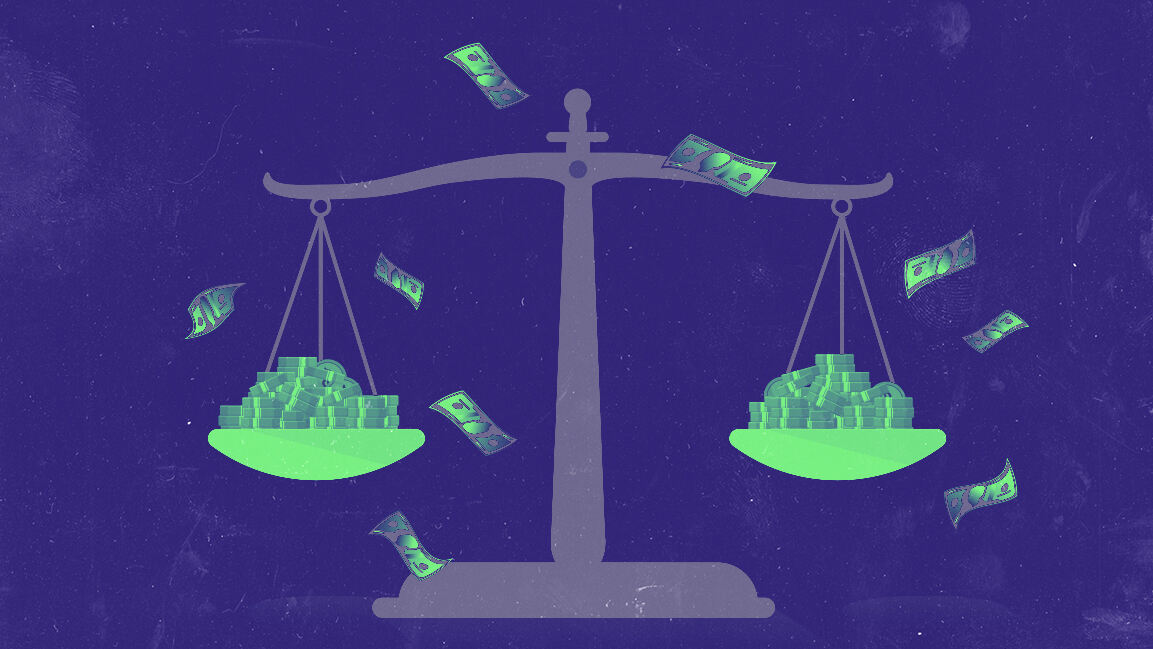- | 2:00 pm
UAE and World Bank host high-level workshop to advance gender pay equity
High-level workshop convenes UAE government, private sector leaders, and World Bank experts to accelerate practical solutions for closing the gender pay gap and advancing workplace equity.

The UAE Gender Balance Council, in collaboration with the World Bank, convened a high-level workshop focused on advancing equal pay for work of equal value across sectors. Held on 19 June under the umbrella of the UAE Gender Balance Centre of Excellence and Knowledge Exchange, the workshop brought together senior government officials, private sector leaders, and global experts to address the gender pay gap through practical, actionable strategies.
This workshop followed the “GCC Knowledge Exchange Workshop” held on 17 and 18 June, which gathered policymakers from the UAE, Saudi Arabia, Bahrain, and World Bank representatives to share insights and regional strategies aimed at enhancing women’s economic empowerment. Building on that momentum, the 19 June session explored the legal, institutional, and evaluative frameworks needed to advance pay equity in the public and private sectors.
The sessions focused on job evaluation methodologies, policy mechanisms for wage assessment, and the implementation of fair compensation practices. Participants examined best practices from both international and regional perspectives, as well as the challenges and solutions related to embedding pay equity in diverse workplace environments.
Her Highness Sheikha Manal bint Mohammed bin Rashid Al Maktoum, President of the UAE Gender Balance Council, emphasised the UAE’s longstanding commitment to gender equality and fairness. “From the earliest days of our nation, the leadership of the UAE has recognised the essential role of women in shaping our development and future,” she stated. “The principle of pay equity stands at the heart of inclusive and sustainable progress. It reflects the UAE’s steadfast dedication to fairness, opportunity, and empowerment.”
Sheikha Manal noted the legislative milestones the UAE has achieved, including being the first country in the region to legislate equal pay in the public sector in 2019 and introducing a 2020 law to enforce pay equity in the private sector. “Embedding gender balance into the fabric of our national economy requires more than commitment—it requires sustained collaboration between the public and private sectors,” she added.
Mona Al Marri, Vice President of the UAE Gender Balance Council, highlighted the importance of translating values into measurable outcomes. “The UAE Gender Balance Centre of Excellence and Knowledge Exchange aims to promote gender pay equity by advancing innovation and global knowledge sharing,” she said. “This workshop represents another important step in turning the core values of gender balance into tangible progress.”
Al Marri pointed to the UAE’s strong international performance in gender equality, including being ranked first in the MENA region in the World Bank’s Women, Business and the Law report. “By fostering a discussion between government, private sector, and global experts, we are collectively advancing a national priority that impacts economic growth and global competitiveness,” she added.
The workshop also served as a platform for private sector leaders to share practical tools, internal policies, and best practices contributing to more equitable compensation structures. It aimed to equip organisations with resources to assess roles objectively, close pay gaps, and promote continuous improvements in workplace equality.
Mouza Al Suwaidi, Secretary-General of the UAE Gender Balance Council, reinforced the importance of long-term institutional commitment. “Gender balance is not only a principle we uphold — it is a core pillar of our national vision,” she said. “Achieving gender pay equity requires effective systems and ongoing collaboration across all sectors.”
She noted that several participating companies offered concrete examples of how they are measuring progress and rethinking compensation frameworks. “Together, we can set new benchmarks for inclusive workplaces, fair compensation, and equal opportunity,” she added.
The World Bank reaffirmed its support for the initiative. “Implementing pay equity is crucial for creating fair and competitive labour markets,” said Iva Hamel, the World Bank’s Resident Representative to the UAE and Kingdom of Bahrain. “We are committed to providing the necessary tools and guidance to ensure that pay equity is achieved across all sectors in partnership with the UAE Gender Balance Council. True progress requires both policy reform and practical implementation.”
The UAE Ministry of Economy, Ministry of Finance, and the Ministry of Human Resources and Emiratisation were among the public sector entities represented at the event. Their participation reflected the government’s coordinated approach to embedding gender balance within the national economic strategy.
As the UAE continues to position itself as a regional and global leader in gender equity, initiatives like the “Equal Pay for Work of Equal Value” workshop are helping bridge the gap between policy and practice, ensuring that equality is not only enshrined in law but also realised in the workplace.































